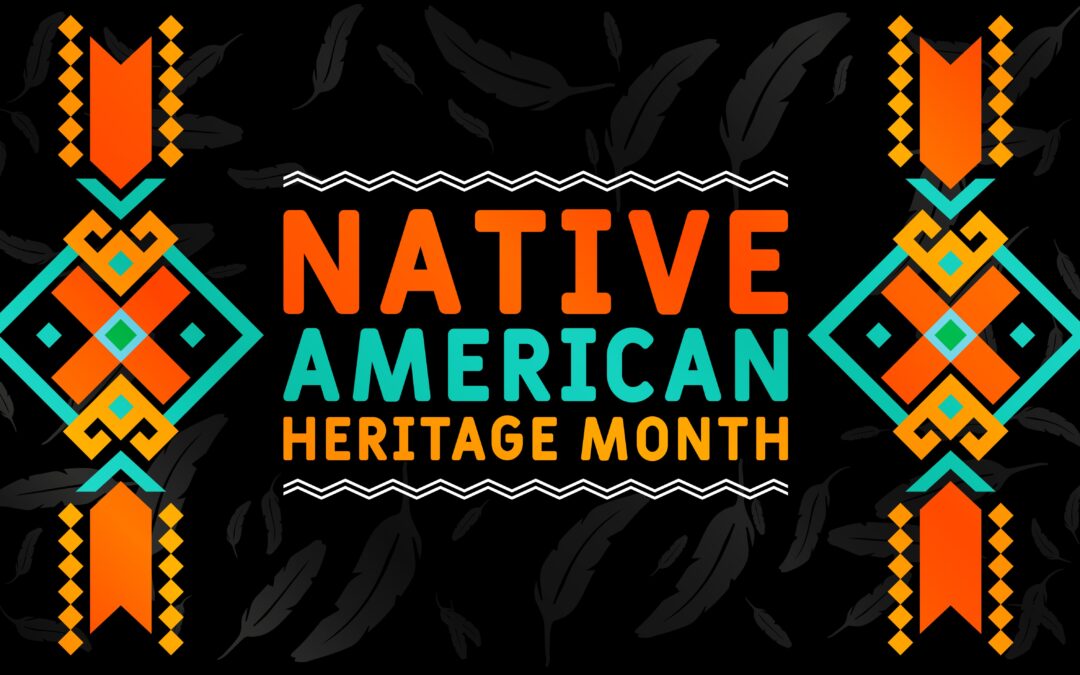As we observe Native American Heritage Month, it is a time for celebration, education, and reflection upon the culture, contributions, and history of Native American peoples. However, it is also an opportunity to shine a light on the significant challenges facing these communities, particularly the profound issue of substance abuse and addiction. Understanding and addressing addiction within Native American communities requires a nuanced approach that respects cultural heritage, acknowledges historical trauma, and integrates traditional healing practices.
The Current Landscape: Understanding the Crisis
Substance abuse among Native Americans is a critical concern, with statistics indicating that addiction rates are higher compared to other ethnic groups in the United States. The reasons behind this are complex, involving a tangle of social, economic, and psychological factors.
- Historical Trauma: The legacy of colonization, forced relocation, and cultural oppression contributes to intergenerational trauma. Historical events like the Trail of Tears and the establishment of reservation systems have long-lasting effects on mental health and social stability.
- Socio-Economic Factors: Many Native communities face poverty, unemployment, and educational disparities, contributing to social disenfranchisement and often, substance abuse as a form of coping.
- Mental Health: There’s a high prevalence of mental health issues, often undiagnosed or untreated due to lack of resources, contributing to self-medication behaviors.
- Limited Access to Care: Reservations and rural areas where many Native Americans live often lack sufficient addiction treatment resources, making recovery more challenging.
Cultural Context: Substance Abuse and Cultural Disintegration
The erosion of Native American cultures and identities plays a significant role in addiction. As traditional values and community structures have faced disruption, so too have the protective factors against substance abuse. The loss of cultural identity, spirituality, and community engagement has left a void often filled by alcohol or drug use. Additionally, the normalization of substance abuse within some communities perpetuates the cycle, making prevention initiatives all the more challenging.
Traditional Approaches to Healing: Integrating the Old with the New
Addressing addiction in Native American communities is uniquely complex and cannot rely on conventional addiction treatment models alone. Incorporating traditional healing methods that embrace Native cultures, spiritualities, and communal values is crucial.
- Cultural Revitalization: Encouraging the re-adoption and preservation of indigenous languages, traditions, and practices helps strengthen cultural identity and instill a sense of pride, purpose, and belonging.
- Community-Based Healing: Traditional healing circles, sweat lodge ceremonies, and talking circles offer communal support, integrate spiritual guidance, and emphasize collective well-being over individualized treatment.
- Elder Leadership: In Native cultures, elders hold significant respect and influence. Their involvement in healing processes provides valuable wisdom, continuity of cultural knowledge, and an intergenerational support system.
- Holistic Wellness: Native American concepts of health and well-being encompass spiritual, mental, physical, and environmental health. Treatment approaches integrating these aspects—such as herbal medicine, nature-based therapies, and spiritual counseling—resonate more profoundly with individuals seeking help.
The Path Forward: Policy, Support, and Resilience
While respecting tradition, it is also vital to acknowledge and employ modern strategies and resources in combating addiction. Collaboration between tribal leaders, healthcare professionals, and policymakers is necessary to forge a path forward.
- Enhanced Funding: Increasing funding for mental health and addiction services in Native communities is crucial. Resources should facilitate culturally competent care, including access to traditional healing activities.
- Education and Prevention: School-based educational programs can disseminate information on substance abuse, focusing on prevention. Moreover, community workshops on parenting, mental health, and coping skills contribute to resilience-building.
- Collaborative Policymaking: Policies impacting Native communities should be developed collaboratively, ensuring decisions respect tribal sovereignty and cultural norms. National efforts to combat drug trafficking and improve living conditions on reservations also contribute to reducing substance abuse rates.
- Research and Data Collection: There’s a need for more comprehensive research on substance abuse in Native American communities. Better data collection, conducted ethically and with cultural sensitivity, will aid in understanding the issue’s scope and informing targeted interventions.
Celebrating Heritage, Cultivating Hope
Native American Heritage Month isn’t just about acknowledging the past; it’s about shaping a future where indigenous cultures flourish, and communities are healthy, resilient, and empowered. By turning our attention to the pervasive issue of addiction and rallying around culturally embedded, resource-supported solutions, we honor Native American heritage in the most profound way possible.
Addressing addiction within these communities is more than a matter of health policy; it’s a form of cultural rejuvenation and restoration. It’s about reconnecting individuals with their heritage, traditions, and spiritual paths, offering not just sobriety but a renewed sense of identity and purpose. As we celebrate this month, let’s also commit to the hard work ahead—work done out of respect for the rich tapestry of Native American cultures and the belief that these communities are not defined by the challenges they face but by their strengths, resilience, and enduring wisdom.

